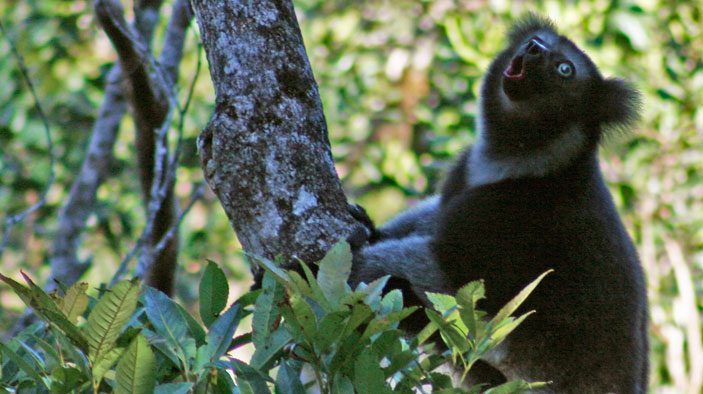Madagascar—Eco-Regional Initiatives to Promote Alternatives to Slash and Burn Practices (ERI)
Client: U.S. Agency for International Development
Duration: 2004-2009
Region: Sub-Saharan Africa
Country: Madagascar
Solutions: Environment
As a tropical island nation, Madagascar has a rich and diverse foundation of plants, trees, and animals. However, the natural environment has been depleted over the years to the point where desertification threatens Madagascar’s future. Through the Eco-Regional Initiatives to Promote Alternatives to Slash and Burn Practices (ERI) project, DAI created an innovative form of eco-regional conservation and development that contributed to national goals articulated in the “Madagascar Naturellement” vision, the “Madagascar Action Plan,” and other government policy documents. Working in close concert with partners of the Ecoregional Alliance, the U.S. Agency for International Development and DAI constructed a foundation for responsible management of the new protected areas that improved economic welfare for the people living near the forest corridors of the Fianarantsoa and Toamasina provinces, as well as citizens throughout the country.

Sample Activities
- Support eco-regional/landscape-scale multistakeholder platforms.
- Support local, community forest management associations.
- Establish and implement community-managed forest management plans.
- Support farmer-to-farmer agricultural extension.
- Support the commercialization of agricultural products.
Select Results
- Nearly doubled the farmer producer group movement from 947 associations, 14 cooperatives, and 9 federations to 1,693 associations, 38 cooperatives, and 18 federations; these groups encompassed 20,030 member households.
- Established 10 community forest management federations slated to co-manage protected areas; the 10 federations encompassed 155 associations with about 10,000 members. These associations managed 179,000 hectares of biodiversity-rich forests.
- More than 1,100 farmer extension agents were trained during the project. At the end of the project, 728 were still functional (employed by their cooperatives or associations). In addition, 161 model farmers (demonstrating improved agriculture techniques) were trained. These agents/farmers provided services to 20,000 people.
RELATED CONTENT:
Türkiye—Addressing Invasive Alien Species Threats in Terrestrial Areas and Inland Waters
This project ensured the resilience of inland waters and terrestrial ecosystems in Türkiye with a specific focus on invasive alien species. It worked to get the species under control in targeted terrestrial areas and inland waters in line with European Union regulations.
Read More